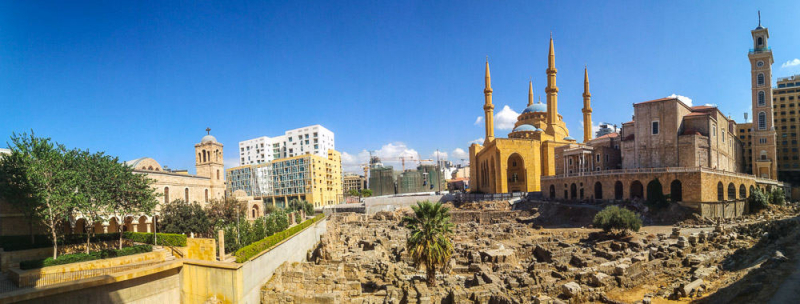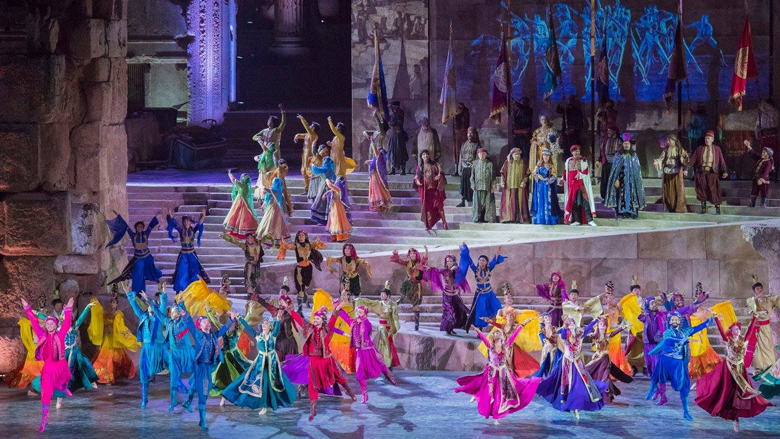Culture
Conflicts between Christians and Muslims have caused numerous disturbances, conflicts, and civil wars throughout history. The Lebanese chose to distribute control of the public posts among the pre-existing religious confessions in order to reduce tensions and appease all populations. In accordance with this novel form of administration, they decided to distribute power among the three major religious groups, with the President of the Republic being a Maronite Christian, the Prime Minister is a Sunni Muslim, and the Speaker of the Parliament being a Shiite Muslim. This arrangement is still in effect today.
Like many Arab countries, Lebanon places a strong emphasis on interpersonal interactions, family traditions, and religious beliefs. The population of Lebanon is ethnically varied and lives in a pluralistic society. With 18 officially recognized confessional communities, including four Muslim sects, twelve Christian sects, Druze, and Judaism, it is the most religiously varied country in the Arab world.
This ancient land has been home to some of the most intriguing civilizations in the world for more than 5000 years. The area's archeological sites show that Phoenicians, Greeks, Romans, Byzantines, Arabs, Crusaders, Mamluks, and Ottomans lived there. In addition, it is the location of Byblos, one of the oldest cities that have ever been inhabited continuously.









